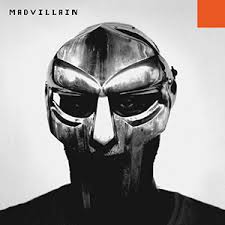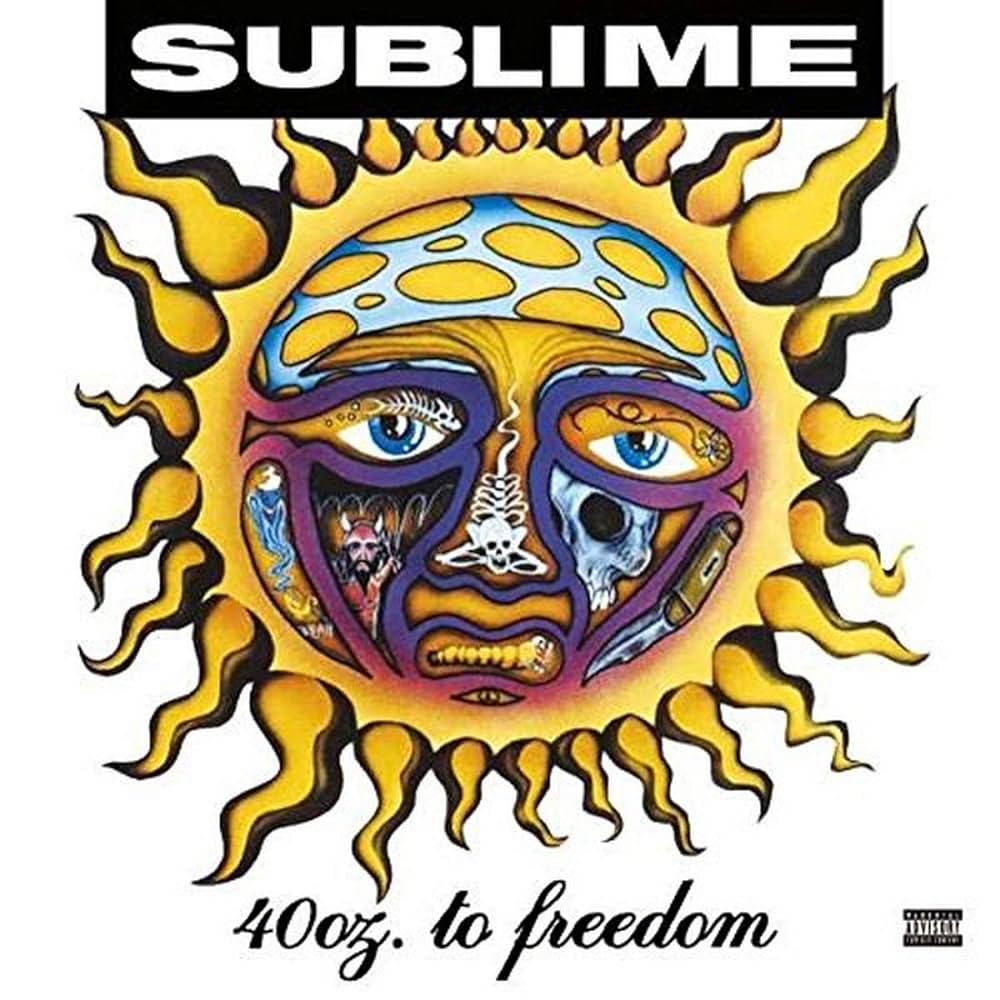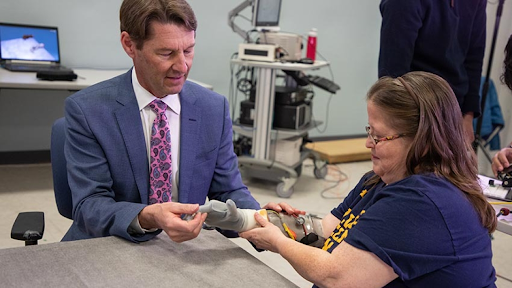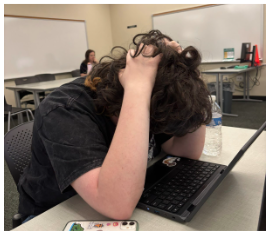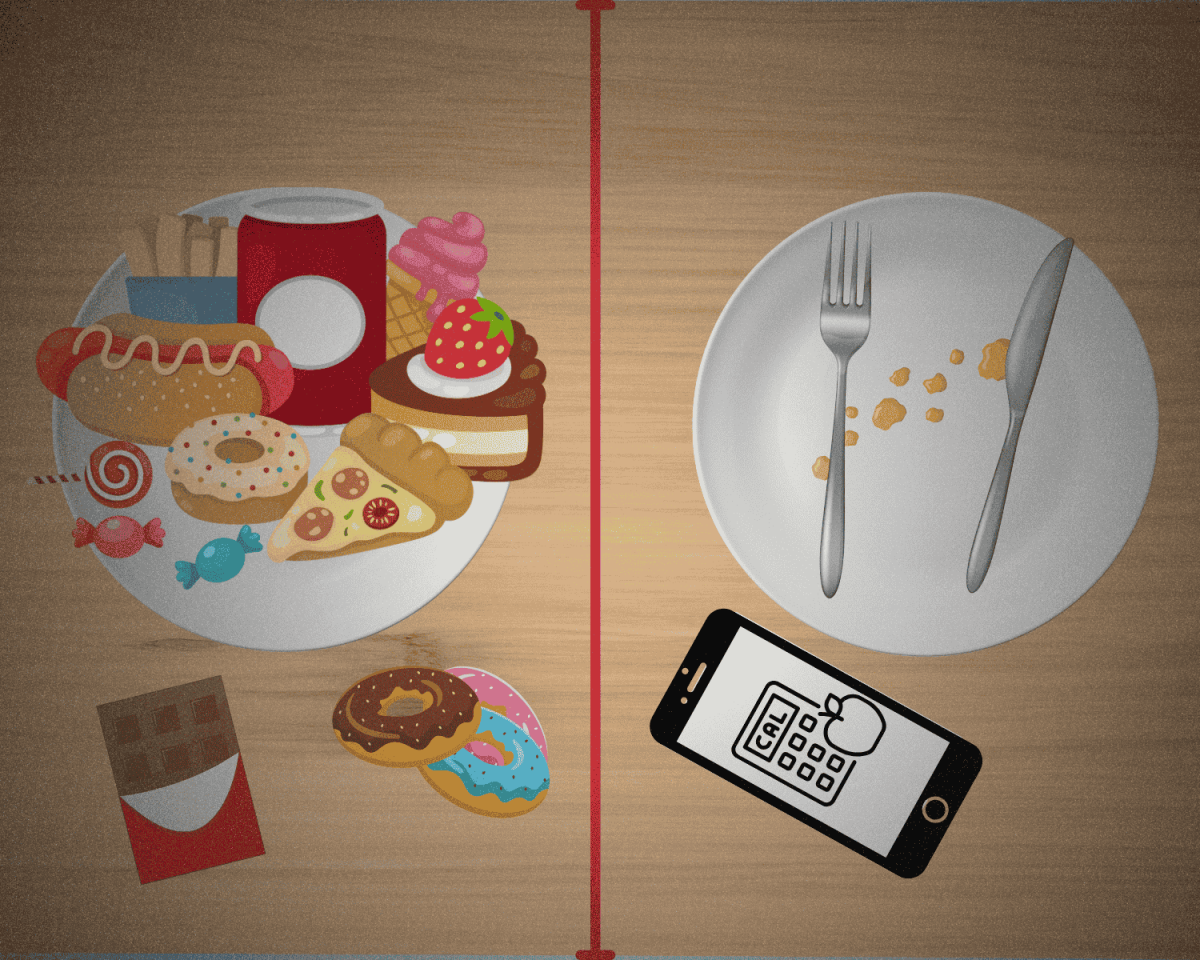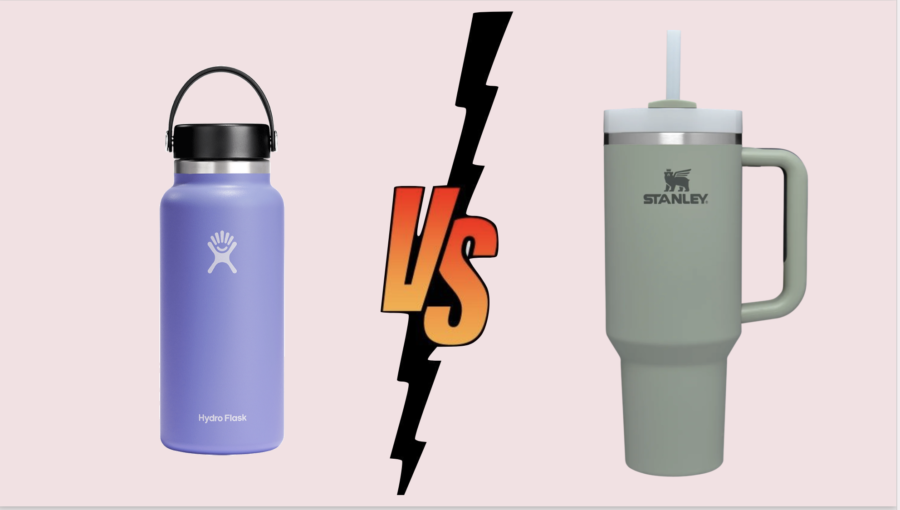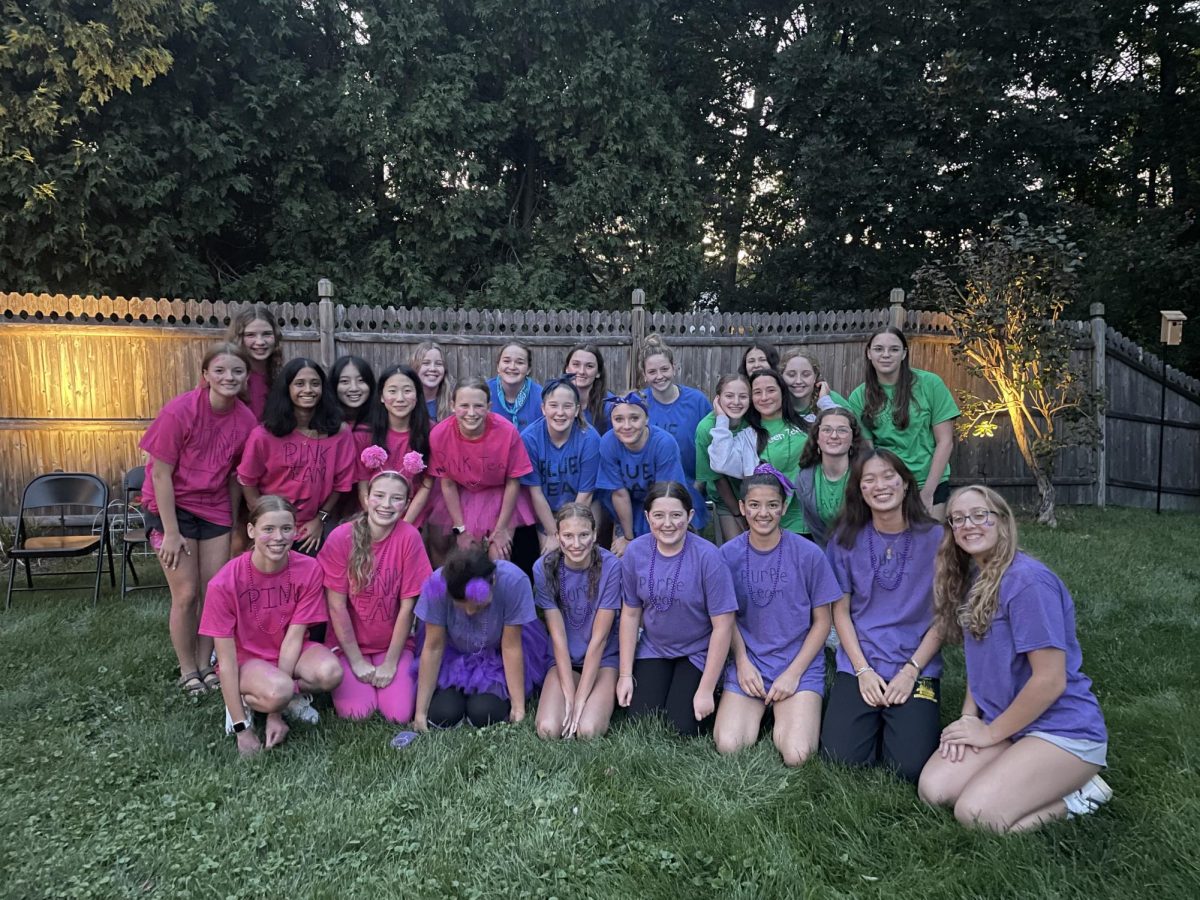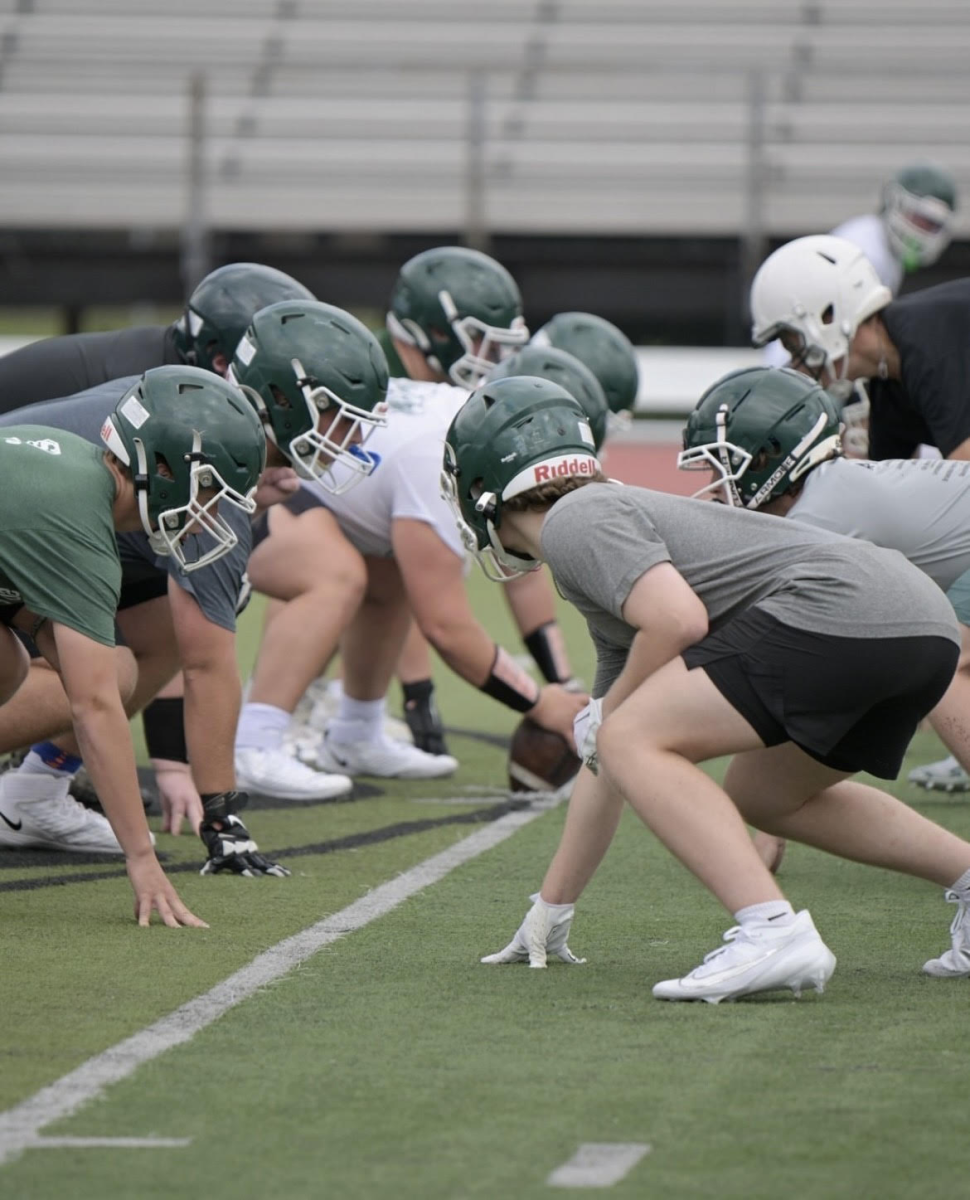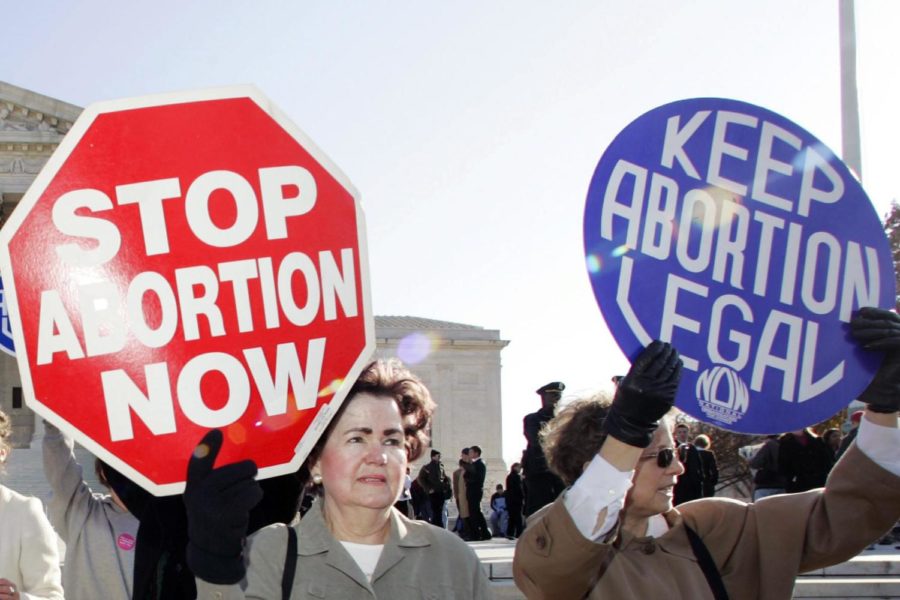Do maternal deaths justify abortion?
February 15, 2023
“…suffering does not justify immorality.”
This quote by Jordan Peterson led me to a profound realization that my own suffering does not defend my path away from truth (Radical leftist turned…). I find a sense of power on my bad days, since believing that hurt justifies negative attributes is the easiest path. Alternatively, this false belief causes reckless decisions.
Whenever I discuss abortion, I have a constant battle in my head on what I would do in a pregnant mothers’ situation. Evidently, my first thought would be to use my suffering to provide means to an end. But again, I recognize that prime emotional responses cause pain and anxiety.
Three weeks after conception, an unborn baby has his/her first heartbeat (Slide Show: Fetal…). A new study even found that mom and baby can synchronize their heartbeats by milliseconds, a feat which is scientifically extraordinary (Mother’s Heartbeat Synchronizes…). Clearly, a baby has purpose very early on in pregnancy. No other human feat can compare to the creation of life.
Parental instinct has a special place in culture and socioeconomics. Parents have a legal and moral obligation to care for their child, and prepare themselves for such a responsibility. For example, a parent who denies their child a kidney has much greater repercussions than if a stranger decides against giving up their own kidney.
Understandably, an expecting mother in a health crisis can explain her decision to terminate her pregnancy. Sudden catastrophe is a situation that many of us have empathy towards. But ethically, mothers have a responsibility to prioritize their childs’ live(s). Seeing how an unborn baby not only has living and growing cells from conception, but a heartbeat as early as 5 weeks, proves that mom and baby have the aforementioned parental relationship. Therefore, medical need does not justify abortion, since two lives with a parental relationship are involved: one parent, and one child.
Power can correlate with both good and bad days. My point is that this power should not be thrust upon the weak and innocent because of crisis and pain. This does not entail bullying or harsh words, but it is necessary to encourage an understanding attitude even when you are in pain. No one can escape the consequences of supporting such logic, but the kind of love that drives good decisions and relationships has a Godly foundation incomparable to rash emotion.








